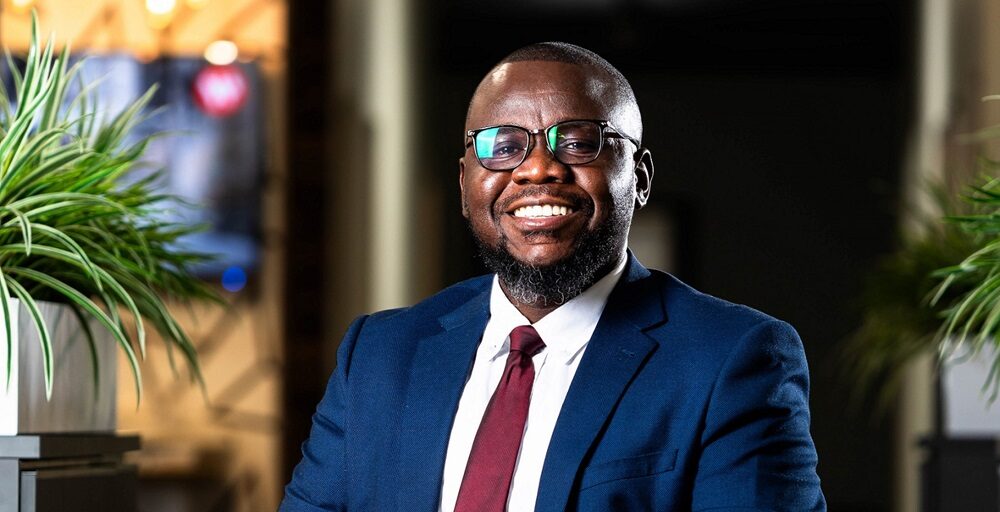Staff writer
The Founder caught up with content creator Jenita “Dulla” Amupolo. Born in Otjiwarongo and raised in Windhoek, she has evolved from nail technician to multimedia entrepreneur by harnessing the power of digital platforms.
The Founder (TF): What inspired you to start your journey as an influencer, and how has your brand evolved over time?
Jenita “Dulla” Amupolo (JA): My journey began unexpectedly. On 4 November 2023, a close friend—who is now my manager—invited me to join Central Audio Records as a content creator. Even though the label primarily focuses on music, they were branching out with a new Content Hub initiative. At the time, I was simply at home, bored, and thought, “Why not try something new?”
We started creating content for YouTube, and things took off faster than I imagined. My third video, Smash or Pass, hit over 15,000 views within a month. That traction gave me the confidence to keep going. Snippets from the video went viral on TikTok, reaching over 500,000 views. That was a defining moment—it truly felt like I had “blown up.” Since then, my brand has continued to grow into what I now proudly call Dulla-licious.
TF: How do you define your niche, and what sets your voice apart in a crowded digital space?
JA: If I had to describe my niche in one word, it would be Dulla-licious—a fusion of my name “Dulla” and “delicious,” because that’s exactly what I strive to be: a unique flavor in the digital space.
What sets me apart is my authenticity. I’m not chasing trends or trying to impress anyone. I stay in my lane, focus on what I do best, and mind all of my businesses—literally and figuratively.
TF: How do you maintain engagement and trust with your audience?
JA: Love and respect go a long way. I constantly show appreciation to my audience—whether it’s interacting with their posts online or having friendly conversations when we meet in person. When you genuinely show love, it’s reciprocated.
TF: How do you manage the business side of influencing—finances, legal, marketing?
JA: I’m fortunate to have a strong support system. My manager oversees the marketing side of things and is highly skilled in social media strategy and budgeting. On the legal side, I have trusted law practitioners within reach to ensure that my business affairs are handled professionally and securely.

TF: What challenges have you faced scaling your influence into a sustainable business?
JA: The transition has been smooth for me. My influence has played a major role in accelerating the growth of my businesses. From Nails By Dulla to my content and music career, influence has been a tool, not a hurdle.
TF: How do you stay ahead of trends while remaining authentic to your voice?
JA: I treat social media like a research lab. I’m always online—not just posting, but studying human behaviour, engagement patterns, and what drives people to take action. This constant observation helps me stay up to date with trends while keeping my content true to who I am.
TF: What do you think the future of influencer marketing looks like in the next 5 years?
JA: If we’re talking about Namibia, real growth in influencer marketing will only happen if international investors—especially major labels and brands—start tapping into our talent. With the right funding and global attention, we could see Namibian influencers hitting Tyla-level engagement. But until then, progress may be slower. Like I always say, next-level marketing requires next-level money.


